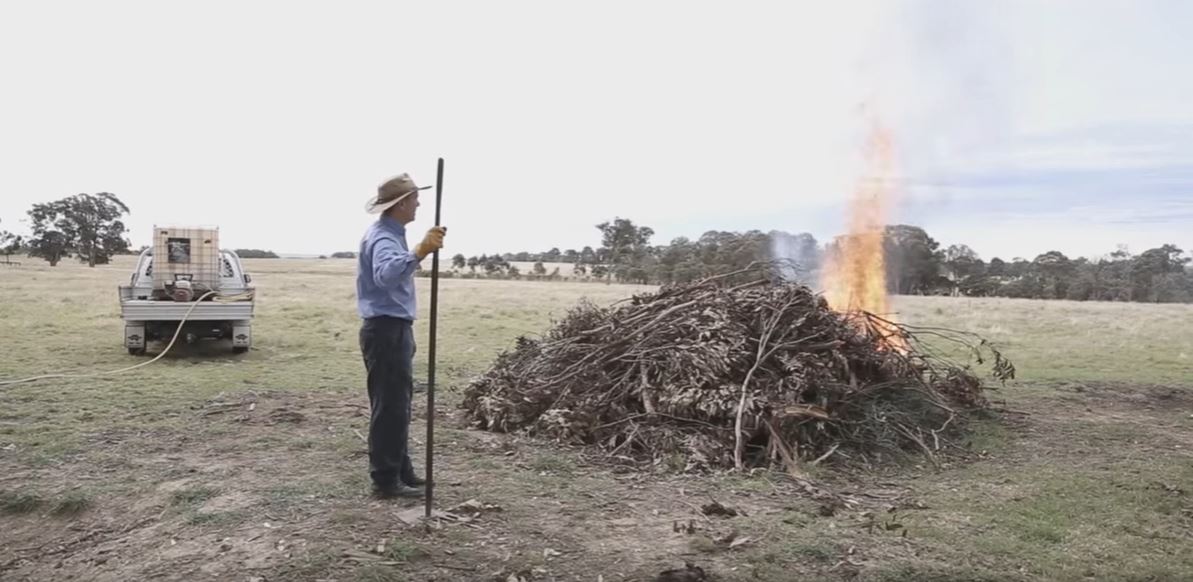Backyard Burning Do’s and Don’ts

Wingecarribee Shire Council in conjunction with NSW Rural Fire Service (RFS) and Fire and Rescue NSW (FRNSW) are reminding residents of the need for continued fire safety vigilance despite the close of the Bushfire Danger Period.
Following a horror summer the Bush Fire Danger Period was lifted on 31 March and as of 1 April 2020 backyard burning is once again permissible across the Wingecarribee Shire, providing certain conditions are met.
“First and foremost, residents wishing to undertake a burn should first check they are allowed to do so,” said District Technical Officer for the NSW RFS, Wendy Smith. “This can be done by accessing Council’s online Backyard Burning Map App and seeing when, where and how backyard burning can be undertaken.”
To access the online interactive Backyard Burning Map App and view the full list of conditions, fact sheets and learn how to apply for a Fire Permit, visit www.wsc.nsw.gov.au/backyard-burning.
As per Council’s Urban Backyard Burning of Vegetation Policy adopted in 2017, only properties larger than 4,000 square metres across all the Shire’s towns and villages can undertake backyard burning of dry vegetation as long as certain conditions are met. Both Council and the RFS can issue penalties if people breach these conditions.
These conditions include seeking the relevant permits, ensuring the burn meets the RFS Standards for Pile Burning, giving at least 24 hours-notice to neighbours and only burning dead and dry vegetation. A responsible person should also always remain with the fire until it is extinguished and have resources at hand to put the fire out if required.
Under the Rural Fires Act 1997, permits are required at different times of year depending on whether the fire is in an RFS zone or FRNSW zone. Across the Wingecarribee Shire, all Fire Permits are allocated by either the RFS or FRNSW depending on the location of the property.
Thomas Freedom, Zone Commander of FRNSW, explained that even though the Bushfire Danger Period had ended most properties located in major towns still require a Fire Permit.
“It’s also important to note that on Total Fire Ban and No Burn Days lighting a fire is prohibited and all permits are automatically suspended,” he said.
Council’s Manager Environment and Sustainability, Barry Arthur, encouraged residents to consider alternative methods for green waste disposal.
“Preferred methods for green waste disposal include Council’s fortnightly organics waste collection service, using dry logs for heating, mulching or composting and taking your green waste to the Resource Recovery Centre.”
Further information including forms to order additional garden organics bins can be arranged through Council’s website at www.wsc.nsw.gov.au/domestic-service-request-forms.
To learn more about the Bush Fire Danger Period visit www.rfs.nsw.gov.au or contact your local Fire Control Centre.
